From November 25thto the 28thabout one hundred and twenty people gathered together in Rome. These individuals were members of various branches of the Vincentian Family as well as members of other organizations that are working together on behalf of people who are homeless.
We know that homelessness is a multi-dimensional problem and a growing challenge in a large majority of the world’s cities. According United Nations estimates, 100 million people sleep on the streets of our cities, 860 million live in inadequate/insecure accomodations and 67 million are living in refugee centers (these numbers do not reflect the number of displaced persons in any one single country).
The Vincentian family is well-positioned to respond to this challenge from the perspective of systemic change and uniting our strengths and resources to alleviate the pain of the homeless. This systemic action, proposed on the occasion of the 400thanniversary of the origin of our charism, can easily be embedded in our mystical and prophetic tradition, that is, in the very the heart of our charism. In these days, through conferences and times of reflection, we recalled the experiences of Saint Vincent, Saint Luise and so many members of our family who, yesterday and today, committed themselves to work on behalf of those who were landless and homeless. To welcome the stranger is a central gospel perspective that demands us to love people who are difference from ourselves (different culture, different race, different language, etc.) … it is a gospel perspective that demands compassion and justice when giving and when receiving.
Our conference, organized by the International Vincentian Family Homeless Alliance, viewed the challenges of homeless people from three perspectives: people without accommodations (e.g., street sleepers), people living in temporary accommodations (e.g., refugee camps or internally displaced people), people living in inadequate/insecure accommodations (e.g., slums and favelas, hostels). The presenters and the panelists, through profound reflections and stories focused on “the invisible members of society”, helped us to become more aware of the magnitude of this problem. Our focus was clearly centered on those persons and communities who are the victims of this scourge.
At the end of our time together, it became clear to us that collaboration and networking is not only more effective, but also is the very essence of our identity and praxis as a family. Collaboration is not only related to effectiveness, it is a central element of our spirituality. The stories from Lebanon, Ukraine, Kenya, Colombia, Ireland, the United States, Peru, the Philippines and many other places were a vivid reminder of the fact that the concept of FAMILY is concretized in projects that force us to be on the side of the most excluded members of society.
In the many experiences that were shared, innovation and creativity (based on environmental sustainability) emerged as common elements. Perhaps the highlight of the conference occurred when Father General launched the project of the 13 houses (something that is already a reality in more than 20 countries where the Vincentian family is present). The 13 houses project reminds us of Vincent’s experience with the street children of Paris and his extraordinary creativity as he responded to an urgent challenge of seventeenth century France. The Global Institute for the Homeless at DePaul University in Chicago also launched a program to address the homeless situation in 150 cities (a program, like that of the UN agenda, which will continue until 2030). This project has already received the support of some avant-garde cities that will show the way to others who are slowing joining in the struggle … another example of “love that is creative to infinity”.
Political willingness (on every level) and the collection of data (mapping) are two essential mechanisms for a vision and for systemic action regarding homelessness. During the conference we had the opportunity to hear about the efforts that are being made by the UN, especially the efforts of the Vincentian representatives at this institution who created a group to give an impulse to the homeless agenda. We also heard about the efforts being made by Niagara University to organize data that will enable us to share, more effectively, our experiences and resources as well as to plan our activities as a family. To give voice to individuals and communities, to serve people as defenders, to demand justice with regard to the protection of human rights and to demand adequate housing … all of these realities are not excluded from the plan that we have committed ourselves to undertake.
We commit ourselves to be hope for the hopeless. We want to keep alive the hope of those persons living on the streets, we want them to be our brothers and sisters and we want to walk with them until the time they have a place that they can call home. We know that a home is essential in order to break the cycle of poverty … being homeless often excludes people from proper nourishment, education, health care, access to dignified work, etc.
Our focus is global and our action is local and vice versa. The Vincentian Family Homeless Alliance is present wherever any member or branch of the Vincentian Family is ministering on behalf of homeless people. We still do not know how much we are doing together, but we know that much is being done and we are convinced that we will do much more through coordination, collaboration, systemic vision and action, innovation, environmental action, confronting the multidimensional perspectives of the poverty, etc.
This conference provided us with an opportunity to see, in a concrete manner, all that we can do in order to make Kingdom of God more present in our midst … all that we can do if we dare to emerge from isolation, from individual action, or from our petty territorial struggles, etc. We ask you to join in this initiative, to share your experiences with us, to join other members of the Vincentian Family in giving life to the 13 houses project. The 13 houses project is a metaphor that challenges our creativity and that can take many forms: a shelter, a project with refugees, a housing improvement project, etc. Let us dare to unite ourselves to this global dream of the Family. The 13 houses project is just one of the possible actions promoted by this alliance, but it is an action that can help us to make visible our common efforts and unleash our creativity in other directions. Accomplices in the spirit of St. Vincent, let’s make this happen!
Guillermo Campuzano, CM
Coordinator of VIN-JPIC
Translated: Charles T. Plock, CM
Eastern Province, USA
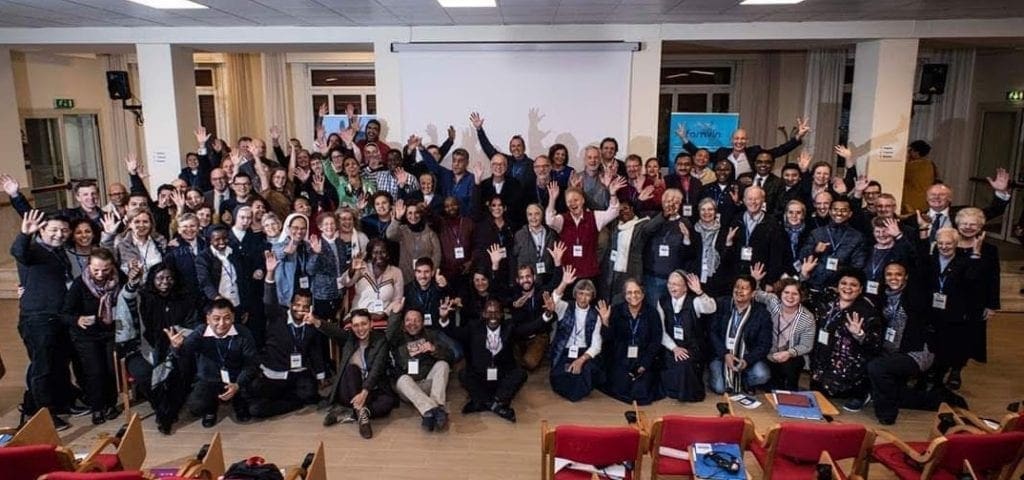
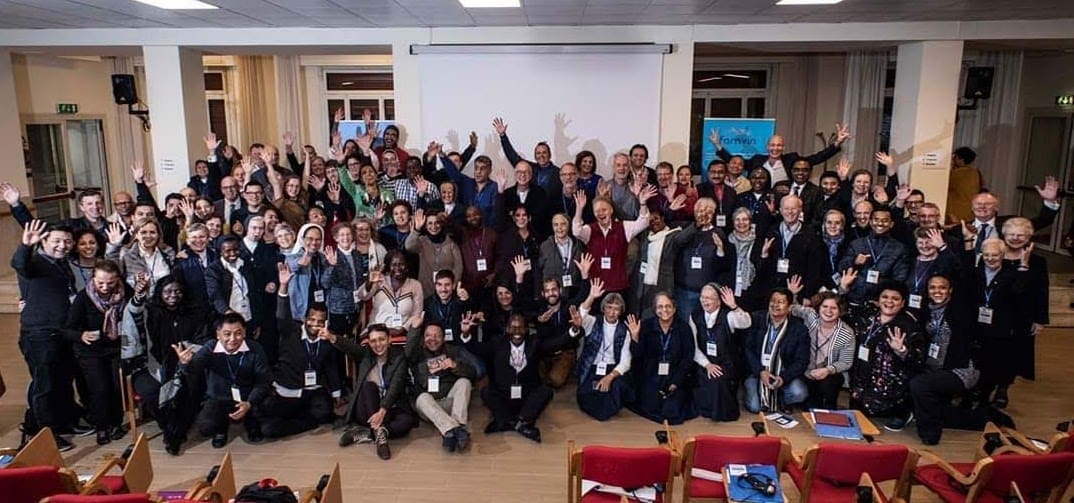
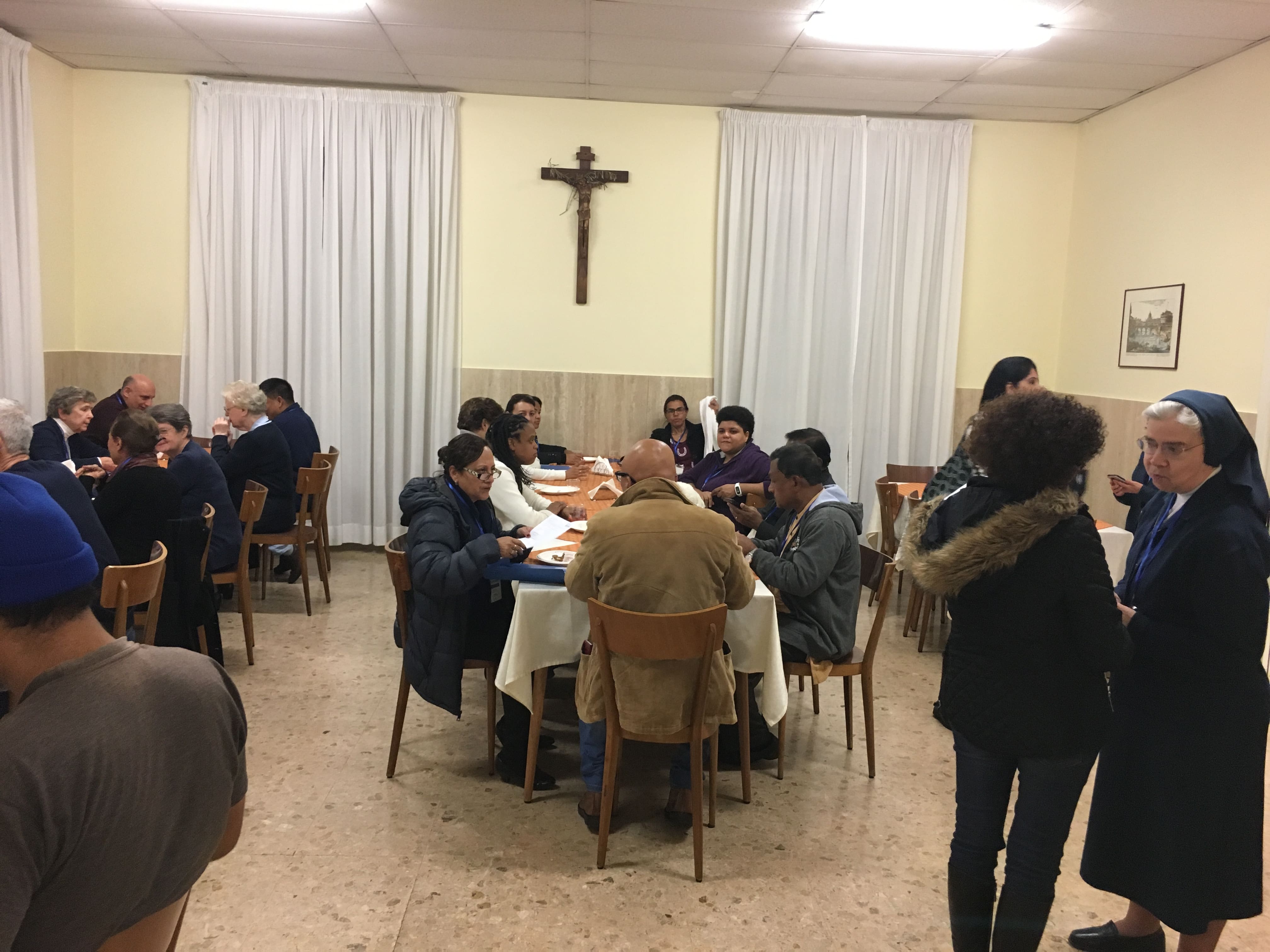
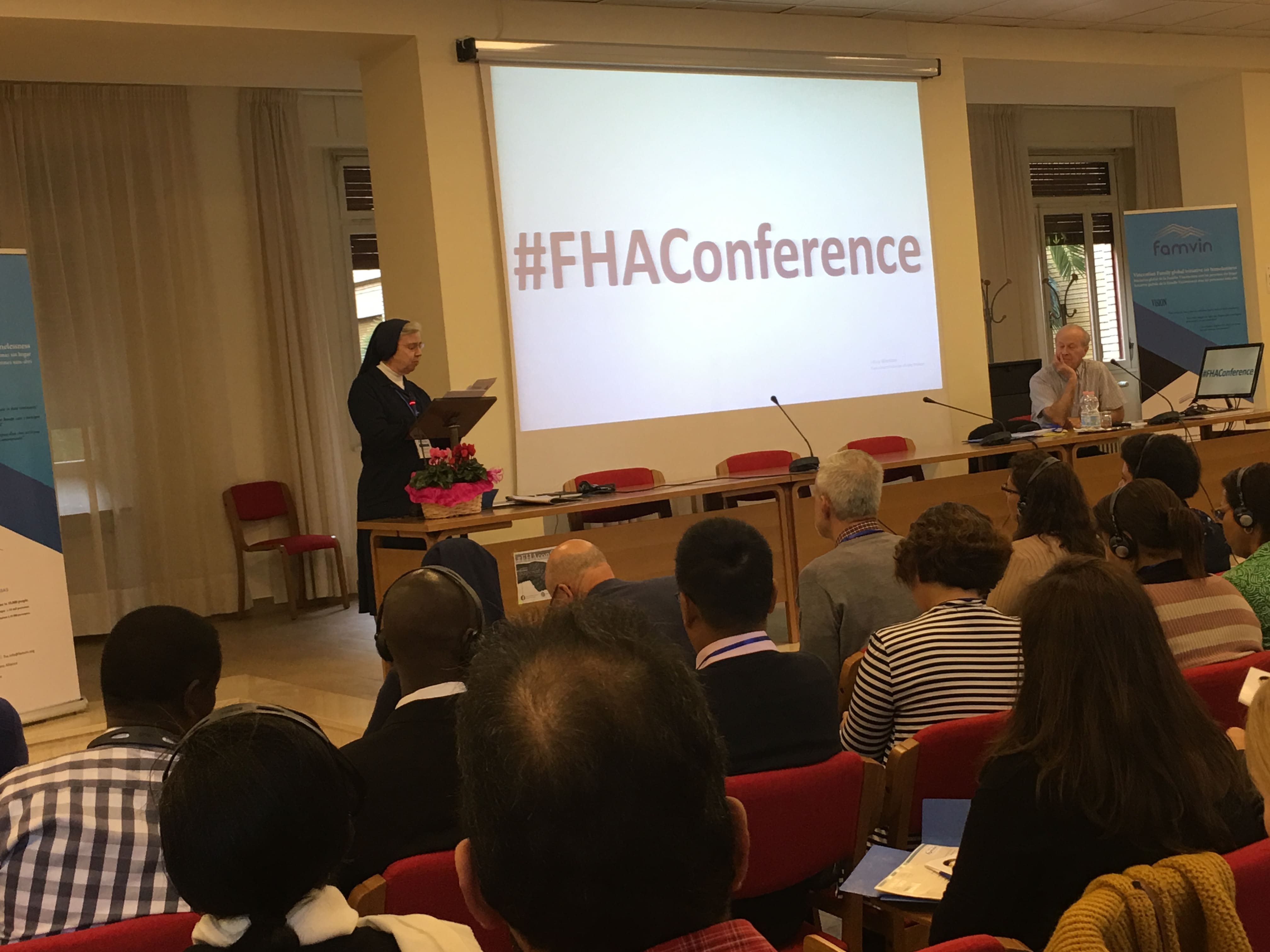
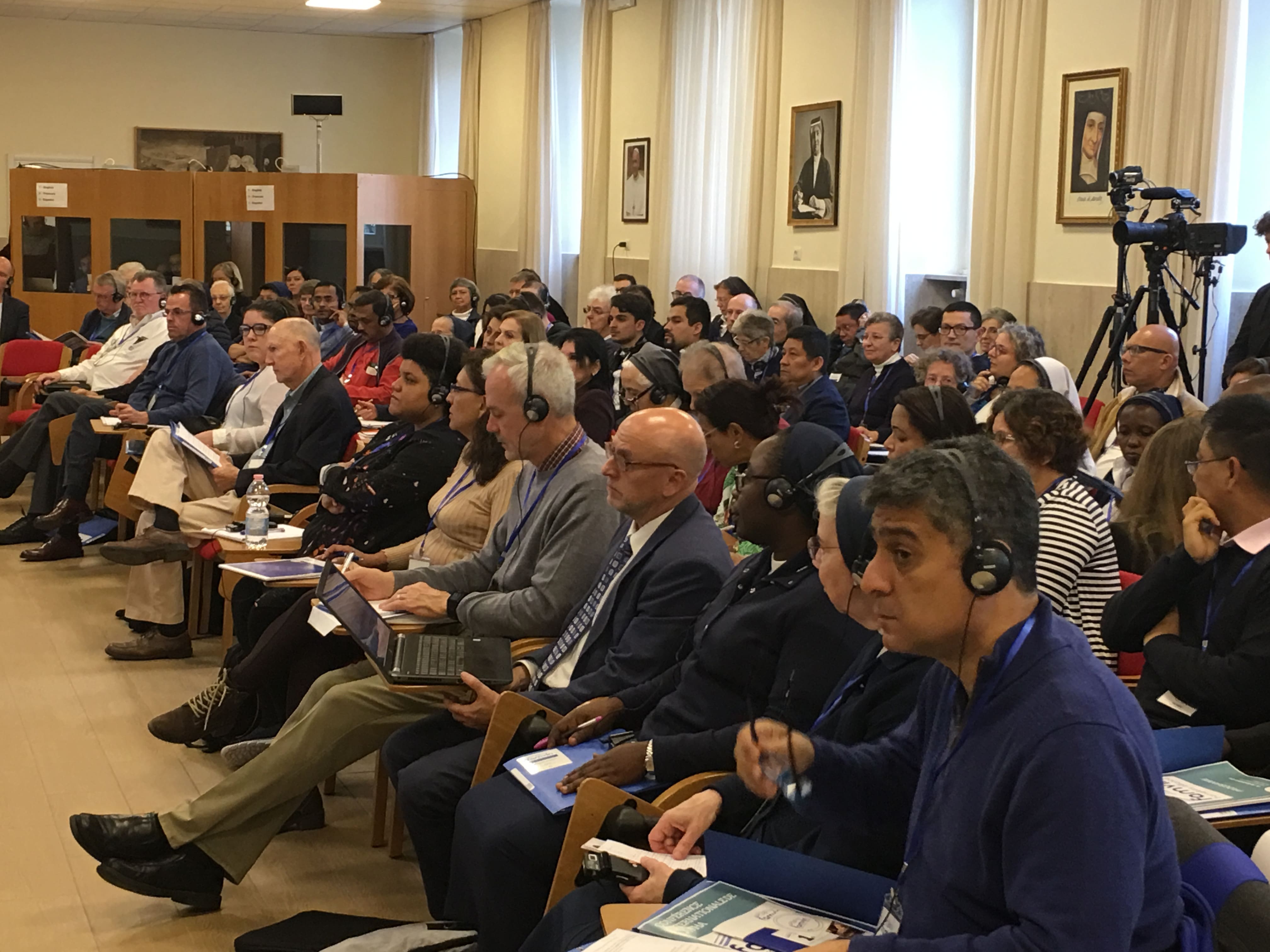
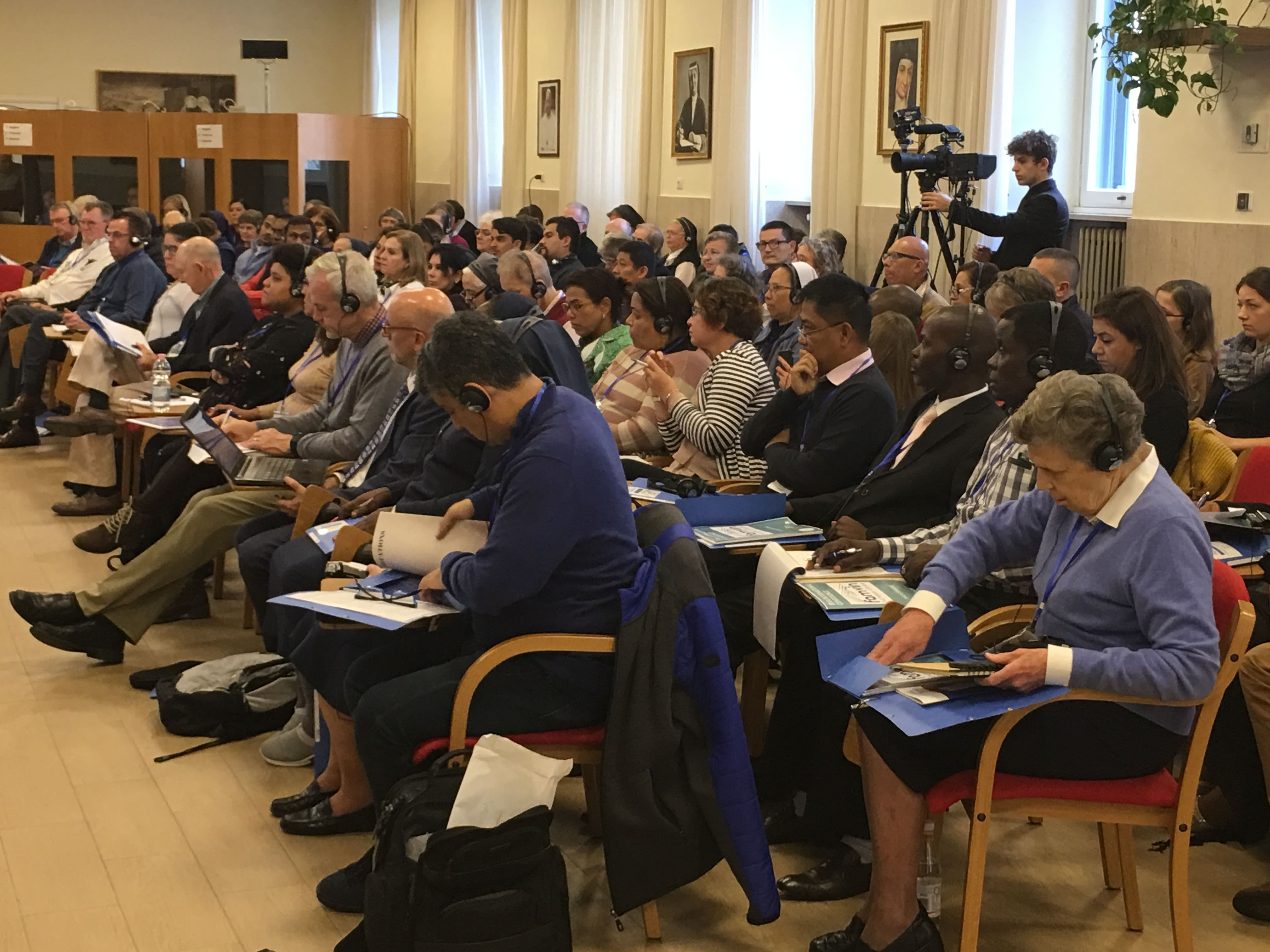
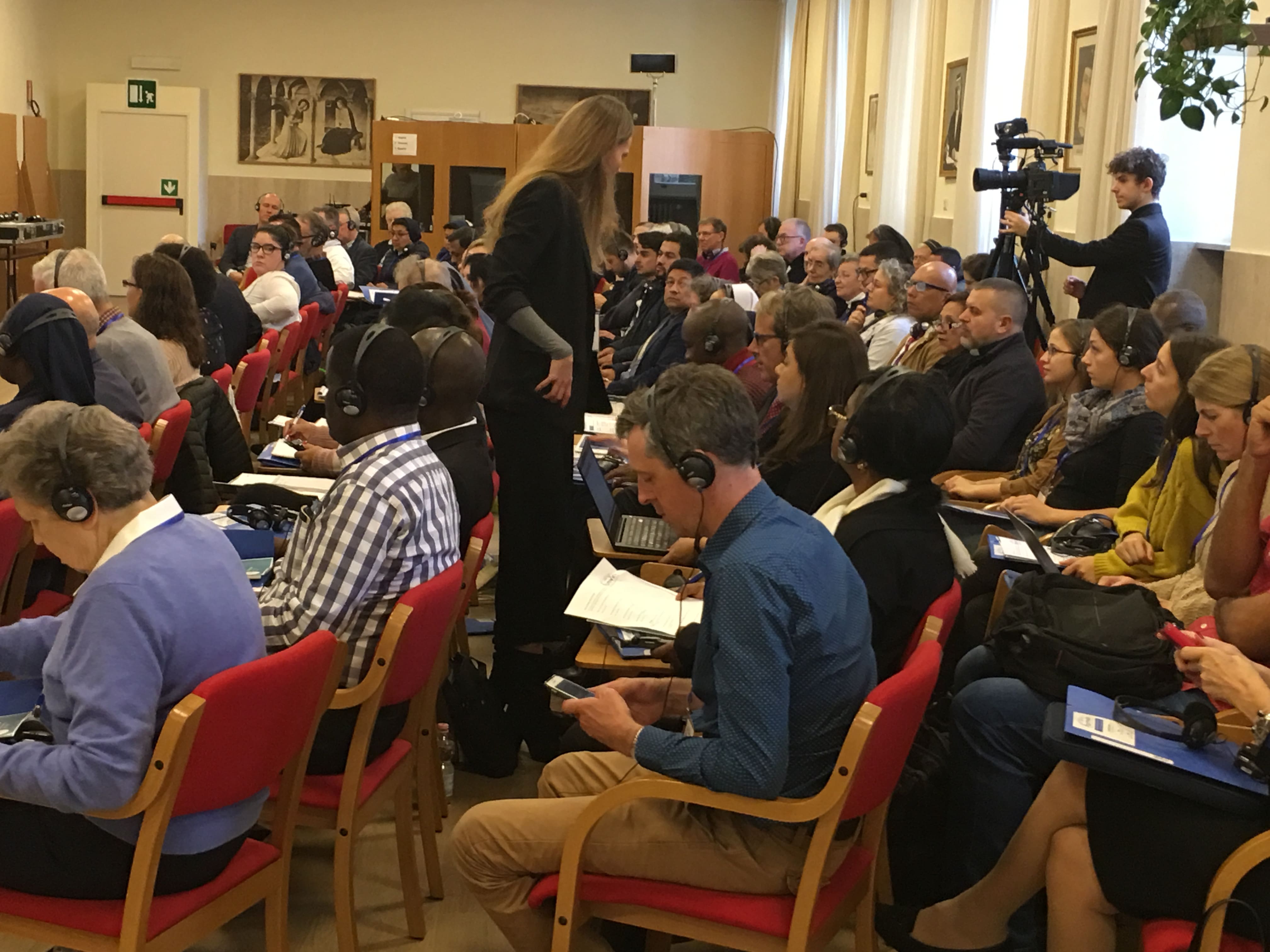
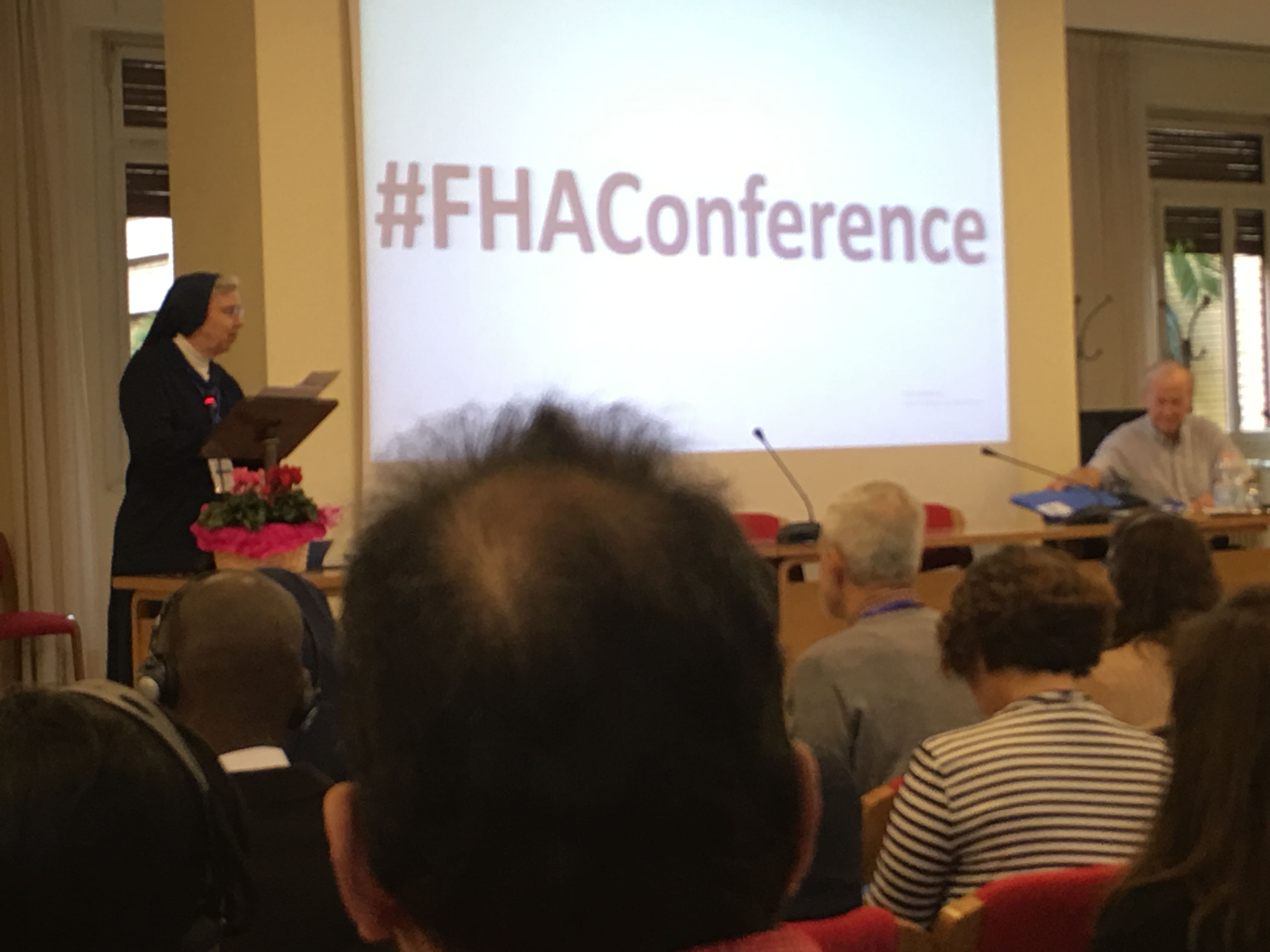
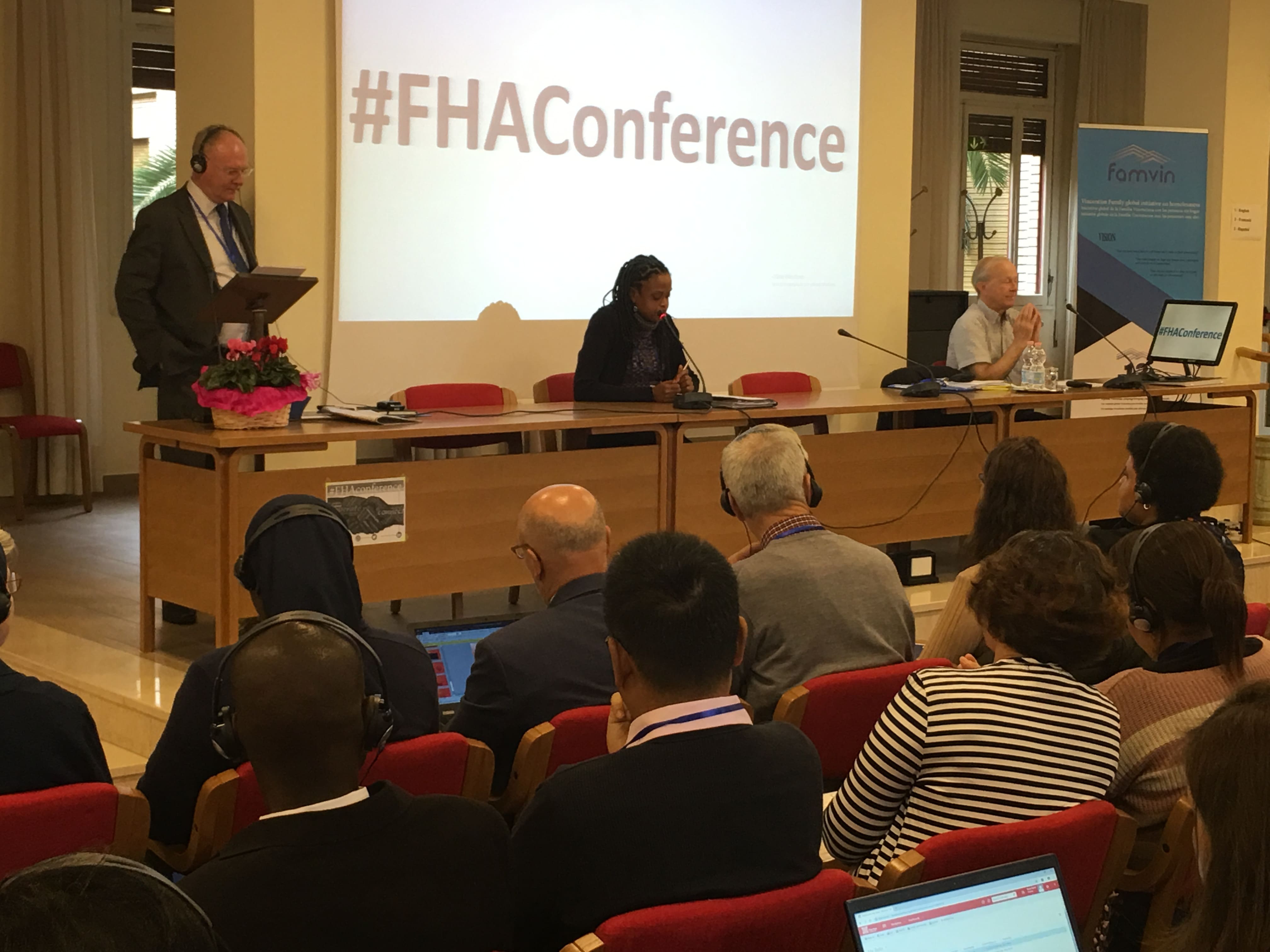


Hi Vincentian Family,
This article written by your Confrere,Guillermo and translated by Charlie Plock moves me to check out how I might fit into the St. Vincent De Paul Society located in Phoenix. I have their contacts so I’ll be asking their leaders if they can use the talents of a physically weak octogenarian. Although I continue in my calling as Visitation Pastor at Christ the Redeemer Lutheran, many of our “Friends at Home” are gone-having received their promotions to the Church Triumphant in recent times.So,please ask God to guide me as I see how I can glorify Him this way until te angels come to bring me Home.Thanks,everybody,for all of your prayers for Jo and for me. Despite metastasis,Jo is going at her full speed !
In Christ’s love,Jo’s and mine to each and all of you!
Ed Ambrose,St. Joe’s,AA,1957